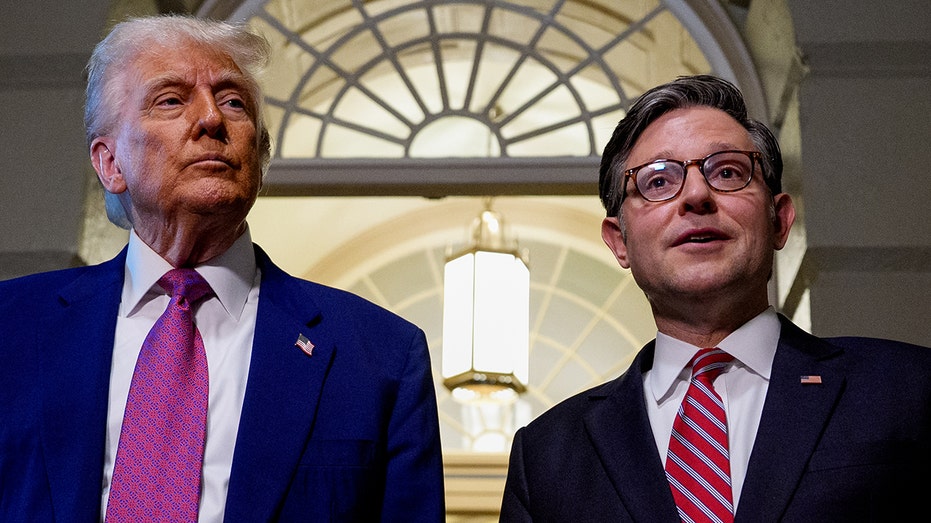After 43 days of disruption and uncertainty, the longest government shutdown in U.S. history is nearing its end. The House of Representatives is poised to vote on a federal funding bill Wednesday evening, offering a potential path to restoring vital government services.
Lawmakers are preparing for a crucial procedural vote around 5 p.m., determining whether debate on the measure can begin. If successful, a final vote is anticipated by 7 p.m., a moment that could bring relief to millions affected by the prolonged impasse.
The shutdown stemmed from a fierce debate over federal funding, initially centered on a short-term extension of existing spending levels. While Republicans pushed for this continuation, Democrats staunchly opposed it, seeking to tie funding to the extension of enhanced Affordable Care Act subsidies.
Despite continued Democratic opposition, Republican leaders express confidence in securing nearly unanimous support within their party. Key figures, like Representative Chip Roy, report minimal dissent among fiscal conservatives, signaling a potential breakthrough.
However, the Republican majority is razor-thin, meaning they can afford to lose only a handful of votes. The outcome hinges on maintaining party unity and potentially attracting a few Democratic crossovers.
The consequences of the shutdown have been far-reaching. Air traffic controllers and TSA agents, forced to work without pay, scrambled for second jobs, contributing to flight delays and cancellations across the nation’s busiest airports.
Millions of Americans relying on federal benefits found themselves in a precarious situation as funding for essential programs dwindled. The shutdown’s impact extended beyond inconvenience, threatening the stability of everyday life for countless citizens.
Democrats argued that extending the Affordable Care Act subsidies was crucial to prevent healthcare price increases for Americans. Republicans, while open to healthcare reform discussions, refused to link it to the funding bill, maintaining a firm stance against partisan attachments.
Weeks of stalemate in both the House and Senate followed, with the initial bill repeatedly failing to gain traction. However, a new compromise emerged, gaining support from a critical bloc of Senate Democrats.
The revised legislation extends current funding levels through January 30th, providing negotiators with additional time to forge a longer-term agreement. It also advances funding for key departments, including Agriculture, Veterans Affairs, and the legislative branch.
A significant win for Democrats is the reversal of federal layoffs enacted by the previous administration, ensuring those workers receive back pay for their time off. Furthermore, Senate Democrats secured a commitment for a vote on extending the Affordable Care Act subsidies.
While the Senate agreement offers a glimmer of hope, Speaker Johnson has not yet made a similar promise regarding the subsidies in the House. The final outcome remains uncertain as the bill awaits a vote.
If passed by the House, the legislation will be sent to the President for his signature. The White House has indicated the President’s desire to reopen the government since the shutdown began, viewing the Senate action as a positive step forward.






